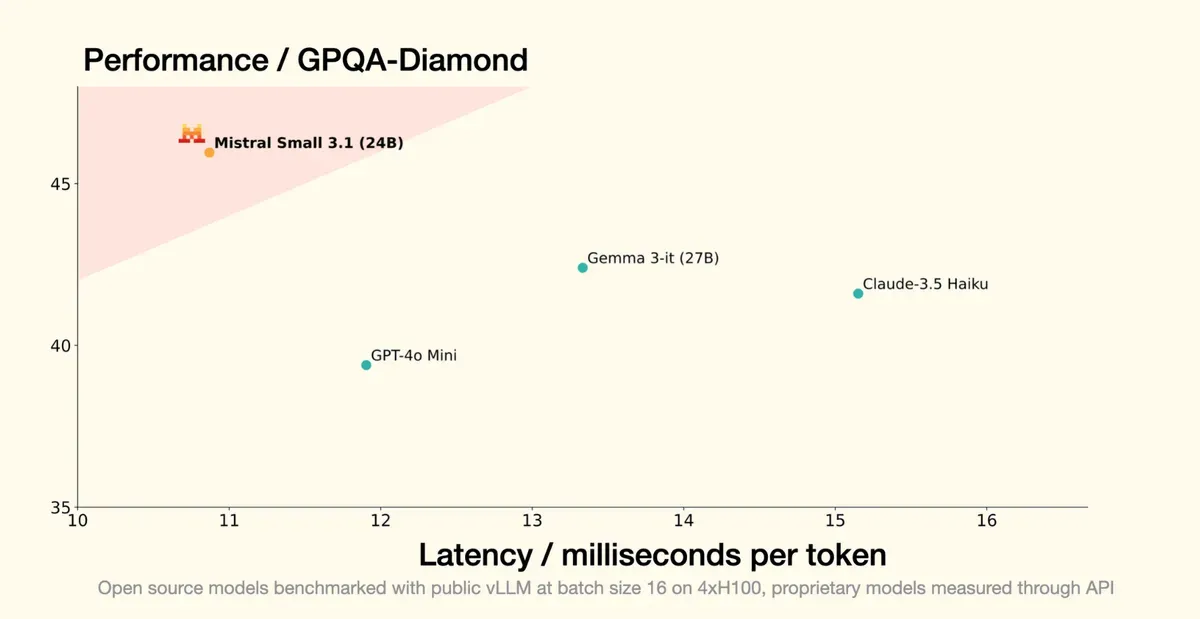France's Mistral AI just showed Silicon Valley how to build smarter AI with less muscle. Their new open-source model, Mistral Small 3.1, processes text and images using just 24 billion parameters - a fraction of what American competitors need.
President Macron couldn't contain his excitement. He urged French citizens to ditch ChatGPT for "Le Chat." One million people jumped ship within two weeks. Vive la révolution digitale!
Europeans chose brain over brawn. Their AI runs on a single gaming PC while American models demand entire data centers. Microsoft took notice and opened its checkbook. The French military, IBM, and Stellantis followed suit. Not bad for a startup that's barely a year old.

The company's €6 billion valuation turns heads. But it's pocket change compared to OpenAI's €80 billion. Mistral's secret weapon? They're giving away their code while Americans keep theirs under lock and key.
Timing couldn't be better. Europe craves digital independence, and here comes a champion - speaking French, no less. CEO Arthur Mensch dreams bigger: he wants to build European data centers and decentralize the cloud revolution.
Why this matters:
- David brought a calculator to a supercomputer fight - and won. Mistral proves efficiency beats raw power.
- Europe finally found its tech swagger. And it speaks with a French accent.
Read on, my dear:
- Mistral Announcement: Mistral Small 3.1










